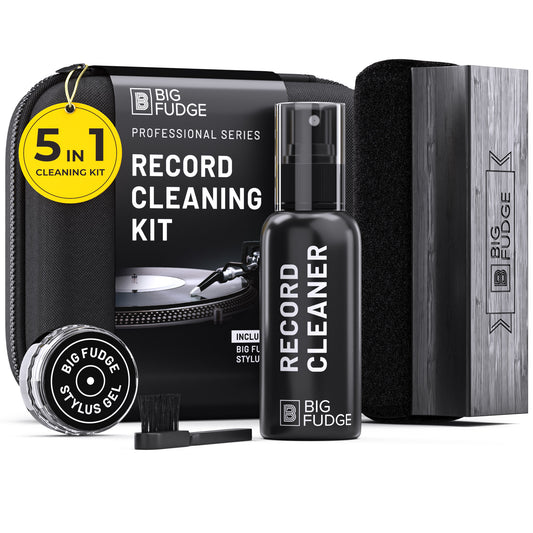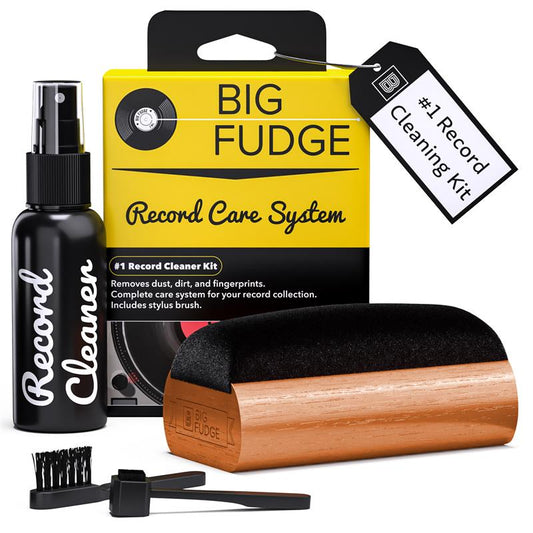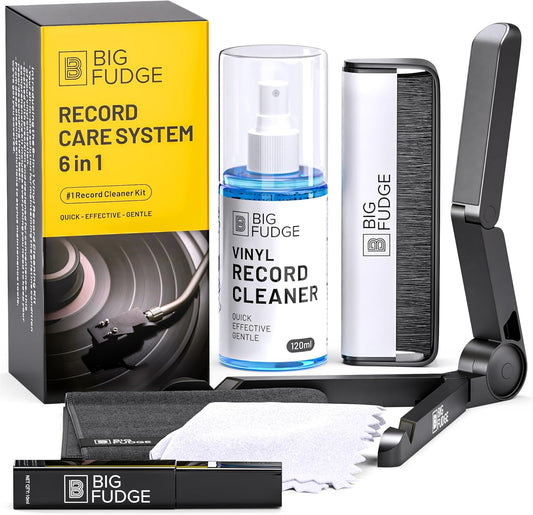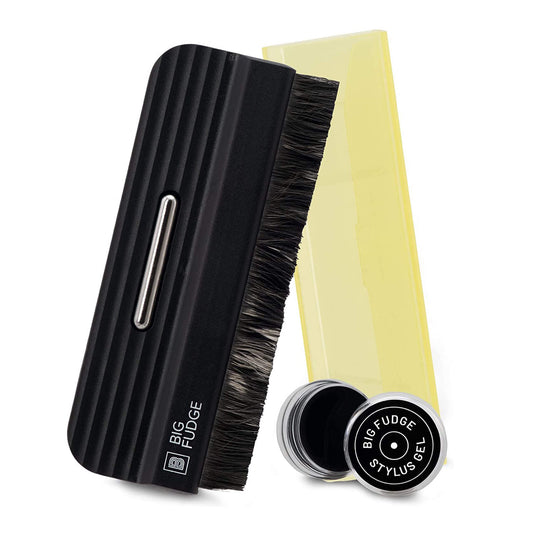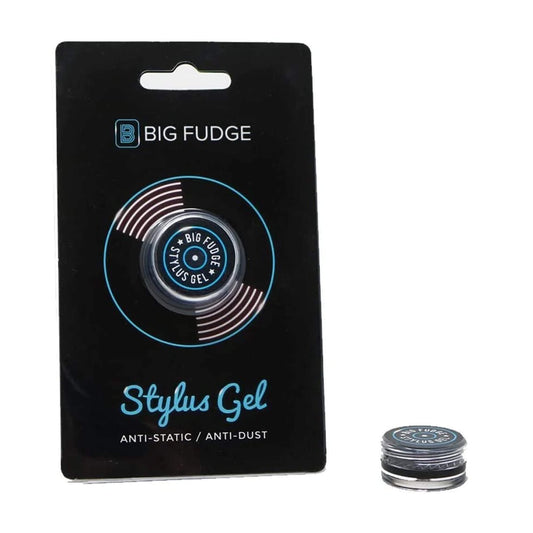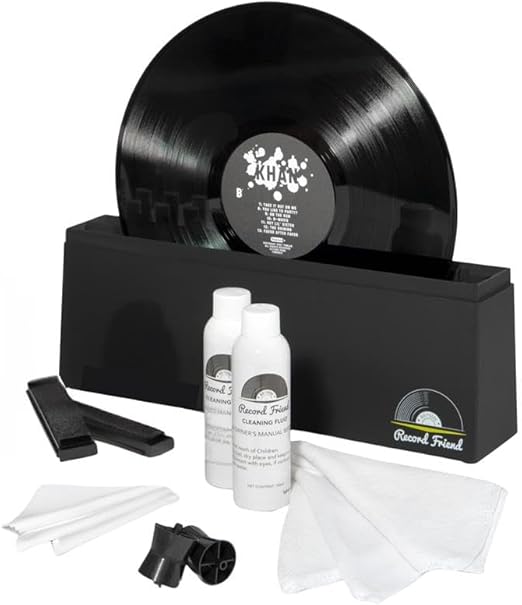-
Professional Record Cleaning..
Regular price $19.99Regular priceUnit price / per -
Premium Vinyl Record Cleanin..
Regular price $22.99Regular priceUnit price / per -
Vinyl Record Cleaning Kit - ..
Regular price $19.95Regular priceUnit price / per -
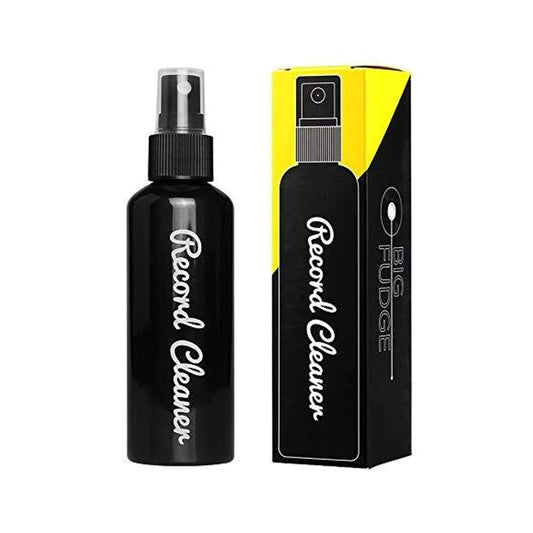 Sold outSold out
Sold outSold out -
-
Stylus Gel - Anti-Static Sty..
Regular price $19.59Regular priceUnit price / per -
Record Friend Vinyl Record C..
Regular price $61.95Regular priceUnit price / per -
Record Friend Cleaning Fluid..
Regular price $12.59Regular priceUnit price / per -
Collector's Edition Record C..
Regular price $32.99Regular priceUnit price / per -
2-in-1 Wooden Record Cleanin..
Regular price $19.99Regular priceUnit price / per
